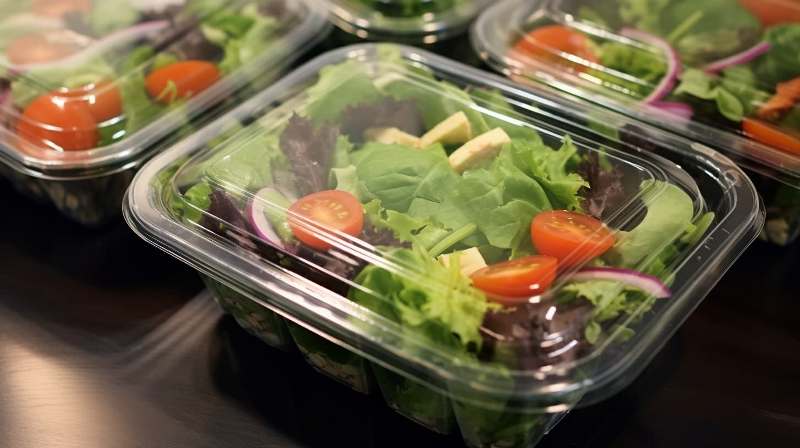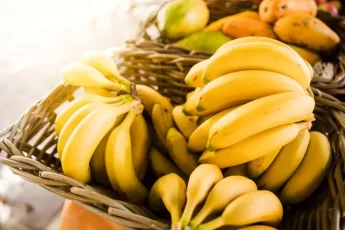
Often chosen for their perceived healthfulness, these 10 commonly consumed foods reveal their hidden nutritional downsides. It might be time to rethink your everyday choices as we uncover the truth behind these seemingly healthy options.
Smoothies and Fruit Juices: Store-bought smoothies and fruit juices can pack up to 50 grams of sugar per serving, lacking the fiber present in whole fruits. This can lead to quick spikes in blood sugar levels. Opt for whole fruits or homemade smoothies with no-added-sugar bases for a more balanced option.
Granola Bars: Despite their wholesome image, many granola bars hide a significant amount of added sugars and unhealthy fats, often surpassing 10-15 grams of sugar per bar. These ingredients can compromise the nutritional value of the bars, outweighing the benefits of whole grains and nuts.

Flavored Yogurt: Flavored yogurts may contain around 20-30 grams of added sugars per serving, along with artificial flavors and colorings. Opting for plain yogurt and adding fresh fruit provides a healthier alternative, allowing you to manage sugar intake and avoid unnecessary additives.
Pre-Packaged Salads: Pre-packaged salads often come with high-calorie dressings and toppings that contribute unhealthy fats and added sugars. Creating your own salads at home allows for better control over ingredients and dressing choices, promoting a more nutrient-dense meal.
Trail Mix: Commercial trail mixes frequently contain chocolate, candy, and salty snacks that elevate calorie and sugar levels. While nuts and seeds offer nutritional value, it’s crucial to be cautious of sugary components and opt for mixes with minimal added sugars for a genuinely nourishing snack.

Veggie Chips: While veggie chips may sound like a healthier alternative to potato chips, they’re often made from dehydrated vegetables and can still be high in calories and unhealthy fats. Their nutritional content may not match the benefits of whole, fresh vegetables.
Gluten-Free Processed Foods: Despite being labeled gluten-free, many processed gluten-free snacks and baked goods can be laden with added sugars, unhealthy fats, and refined flours. Being gluten-free doesn’t automatically make a product healthy, so it’s important to check ingredient lists.
Low-Fat or Fat-Free Foods: These products often compensate for reduced fat content by adding extra sugars, artificial flavorings, or thickeners. This can lead to consuming more calories and less satisfying meals compared to their full-fat counterparts.

Frozen Diet Meals: Convenience often comes at the cost of high levels of sodium, added sugars, and unhealthy preservatives in frozen diet meals. While they may be marketed as low-calorie options, they can lack the essential nutrients found in fresh, whole foods.
Veggie Burgers: While veggie burgers can be a good plant-based option, some store-bought versions are highly processed and loaded with unhealthy additives, preservatives, and sodium. Opting for homemade veggie burgers with whole ingredients ensures better control over nutritional content.
The following video shows the most common mistakes when trying to eat healthy. When following these steps and taking the previous 10 foods in consideration, you will have more success reaching your health goals.







